Simplify Global Transactions with Currency Exchange Solutions
Empower your business with a cutting-edge Currency Exchange Solution designed for secure, accurate, and seamless currency conversions. With multi-currency support, real-time exchange rates, and advanced fraud prevention, our solution enables businesses to expand globally while delivering exceptional user experiences.What Problems Does a Currency Exchange Solution Solve?
Limited Access to Currency Conversion
Provides instant access to a wide range of currencies for seamless international currency transfers.
High Conversion Fees
Reduces costs with competitive exchange rates and transparent pricing.
Inconsistent Exchange Rates
Ensures real-time rate updates for accurate and fair currency conversions.
Security Risks
Safeguards user transactions with encryption, KYC, and AML compliance.
Manual Processes
Automates currency exchange operations to minimize errors and increase efficiency.
Customer Dissatisfaction
Enhances user experience with fast, reliable, and secure currency exchanges.
Key Features of a Currency Exchange Solution
A comprehensive currency exchange platform must meet both administrative needs and end-user demands, ensuring security, compliance, and ease of use.
Administrator Features

Real-Time Exchange Rate Management
Automatically update and manage currency rates for accuracy.

Transaction Monitoring
Track and oversee all transactions for compliance and fraud prevention.

Customizable Fees and Margins
Enables flexible fee structures to maximize profitability.

Reporting and Analytics
Gain insights into transaction trends, revenue, and customer behavior.

Multi-Currency Support
Handle transactions across various currencies with ease.

Regulatory Compliance Tools
Automate KYC and AML processes for seamless adherence to regulations.
User Interface Features

Instant Currency Conversion
Enables quick and efficient currency exchanges.

Multi-Language Support
Localize interfaces for diverse user bases around the globe.

Transaction History
Offers detailed records of past transactions for transparency.

Mobile and Web Access
Ensures seamless usability across all devices.

Real-Time Notifications
Alerts users about exchange rate changes and completed transactions.

Secure User Authentication
Protect accounts with advanced login and verification methods.
How Can Businesses Generate Profit from a Currency Exchange Solution?

Transaction Margins
Earn profits by setting margins on real-time currency exchange rates.
Service Fees
Charge a nominal fee for every currency exchange transaction.
Premium Features
Offer enhanced services like personalized exchange rates to high-value clients.
Cross-Border Collaborations
Partner with international banks and payment providers for revenue sharing.


Steps to Start a Currency Exchange Business
Launching a currency exchange solution involves several key steps to ensure smooth implementation and adoption.
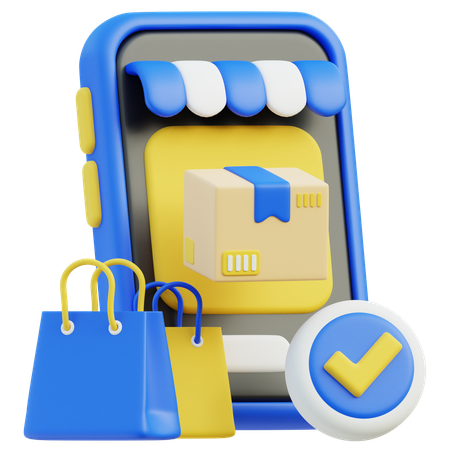
Conduct Market Research

Acquire Licenses and Compliance Approvals

Choose a Technology Partner
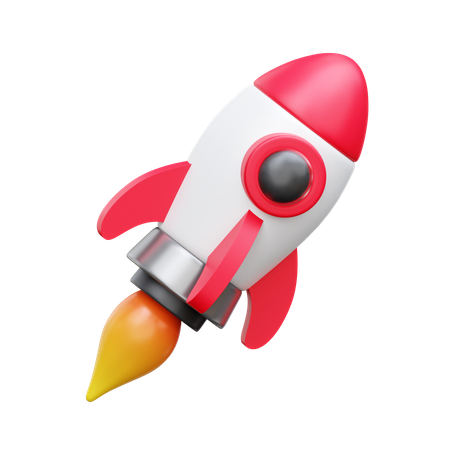
Develop User-Friendly Platforms

Integrate with Financial Networks

Promote and Launch
Key Requirements for Launching a Currency Exchange Solution
To successfully launch a currency exchange platform, consider these essential requirements
Licenses and Permits
Secure licenses for currency exchange operations in your target regions.
Technological Infrastructure
Set up secure servers, APIs, and real-time rate updating systems.
Regulatory Compliance
Implement robust KYC, AML, and data protection measures.
Banking and Forex Partnerships
Collaborate with financial institutions for liquidity and global reach.
Customer Support Team
Provide responsive support for users to resolve issues effectively.
Marketing and Branding
Develop campaigns to build trust and attract customers to your solution.
Built with Leading-Edge Technology
Appdevs is a leading provider of custom financial software development services, catering to a diverse range of businesses within the banking and finance industry.Front-End
![[object Object]](/_next/static/media/next.cb1d90a5.png)
Next.js
Next.js is a popular React-based framework that enables developers to build fast, scalable, and SEO-friendly web applications.
![[object Object]](/_next/static/media/react.89d58278.png)
React.js
React.js is an open-source JavaScript library for building user interfaces.
![[object Object]](/_next/static/media/vue.b105c8ee.png)
Vue.js
Vue.js is a progressive JavaScript framework used for building user interfaces and single-page applications.
Back-End
![[object Object]](/_next/static/media/laravel.bea31879.png)
Laravel
Laravel is a powerful and elegant PHP framework designed for building modern web applications.
![[object Object]](/_next/static/media/nodeJS.5b61e125.png)
Node js
Node.js is a JavaScript runtime environment. Node.js runs on the V8 JavaScript engine.
![[object Object]](/_next/static/media/python.b96758ee.png)
Django
Django is a high-level, open-source web framework written in Python.
Mobile Apps
![[object Object]](/_next/static/media/flutter.e7f646bb.png)
Flutter
Flutter is an open-source UI software development kit created by Google.
![[object Object]](/_next/static/media/reactNative.e1093344.png)
React Native
React Native is a popular open-source framework for building cross-platform mobile applications.
![[object Object]](/_next/static/media/swift.ea425c9c.png)
Swift
Swift is a high-level general-purpose, multi-paradigm, compiled programming.
DevOps
![[object Object]](/_next/static/media/nginx.76aed3a5.png)
Nginx
Nginx is a high-performance, open-source web server, reverse proxy, and load balancer.
![[object Object]](/_next/static/media/apache.2e47b3bd.png)
Apache
The Apache HTTP Server, commonly referred to as Apache, is a powerful, flexible, and open-source web server.
UI/UX Design
![[object Object]](/_next/static/media/figma.6010ec6b.png)
Figma
Figma is a powerful, cloud-based design and prototyping tool that has revolutionized the way designers collaborate.
![[object Object]](/_next/static/media/adobexd.f65e5df9.png)
Adobe XD
Adobe XD is a user experience and user interface design tool developed by Adobe.
![[object Object]](/_next/static/media/sketch.42dd4a93.png)
Sketch
Sketch is a vector-based design tool primarily used for UI/UX design, web, and mobile application design.
Database
![[object Object]](/_next/static/media/mySQL.284661c9.png)
MySQL
MySQL is an open-source relational database management system.
![[object Object]](/_next/static/media/postgreSQL.79bba237.png)
PostgreSQL
PostgreSQL, also known as Postgres, is a free and open-source relational database.
![[object Object]](/_next/static/media/mongoDB.2bc9137c.png)
MongoDB
MongoDB is a source-available, cross-platform, document-oriented database program.
Our Ready-Made Currency Exchange Solutions
Take the first step towards a profitable and future-ready currency exchange business today with our digital payment solutions!
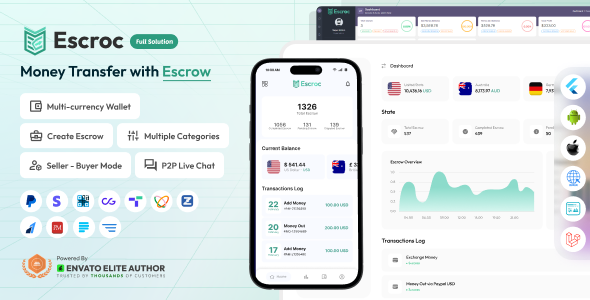
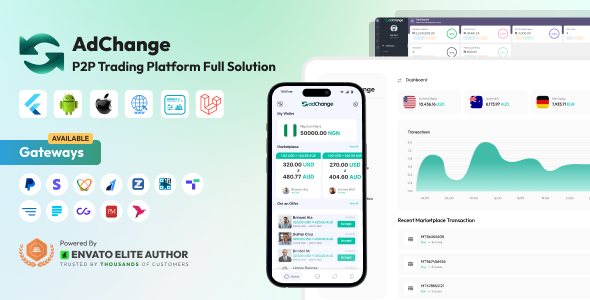
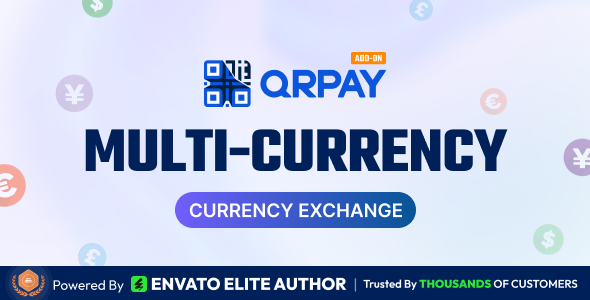
Why Choose AppDevs for Currency Exchange Solution?
Looking to launch your currency exchange platform quickly and efficiently? Our ready-made solutions are designed by industry experts and built for reliability, compliance, and scalability.
Quick Deployment
Our solutions are pre-built and customizable, allowing for rapid deployment to meet market demands.

Cost-Effective
By choosing a ready-made product, businesses can save on development costs and focus their budgets on marketing and scaling.

Scalability
Each solution is designed to scale with your business, whether you’re starting locally or expanding globally.














